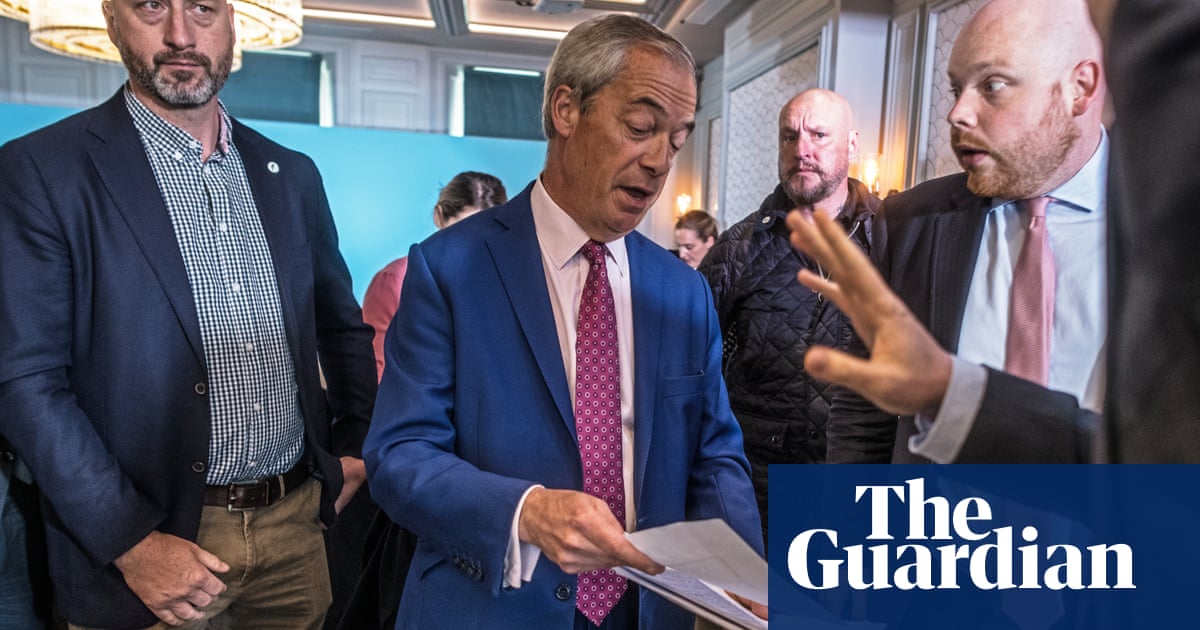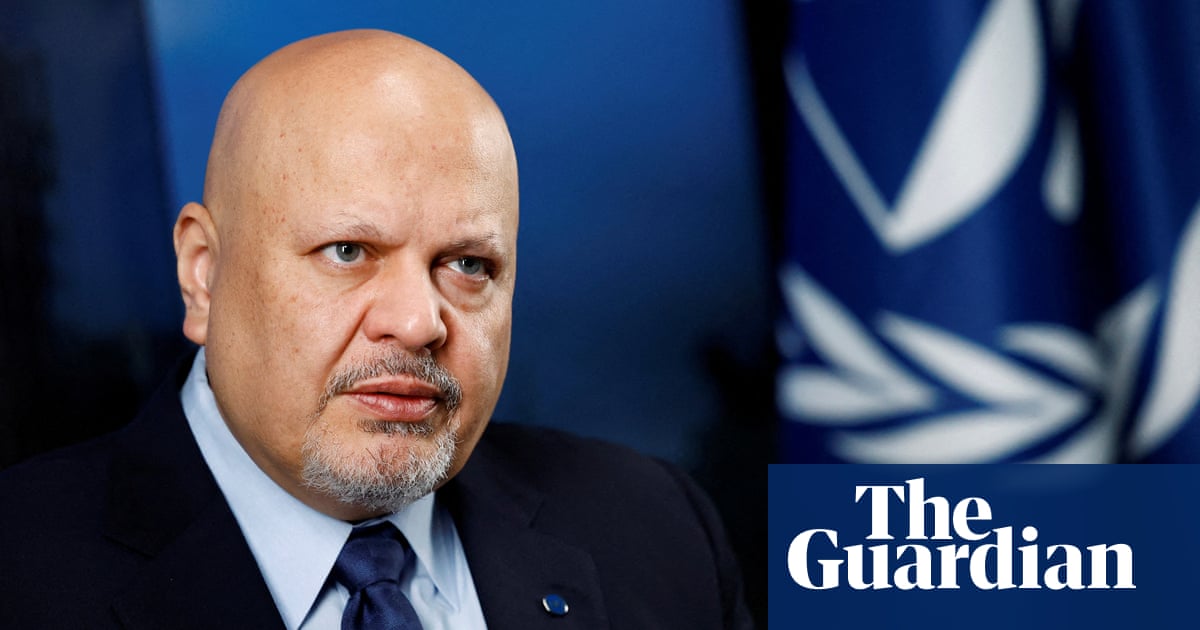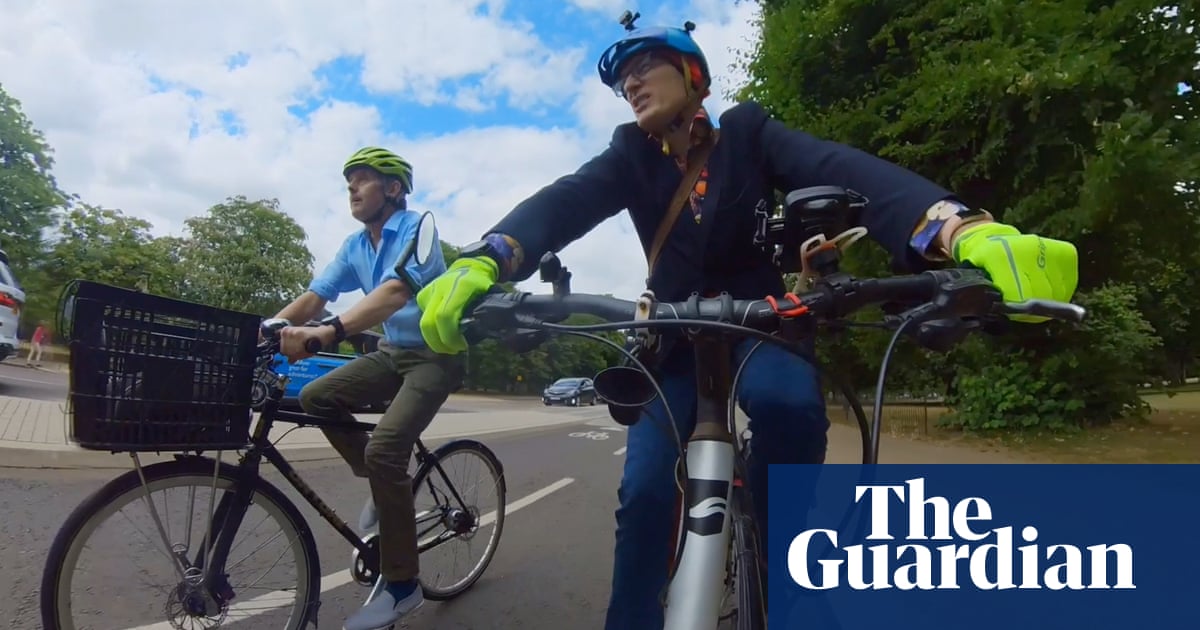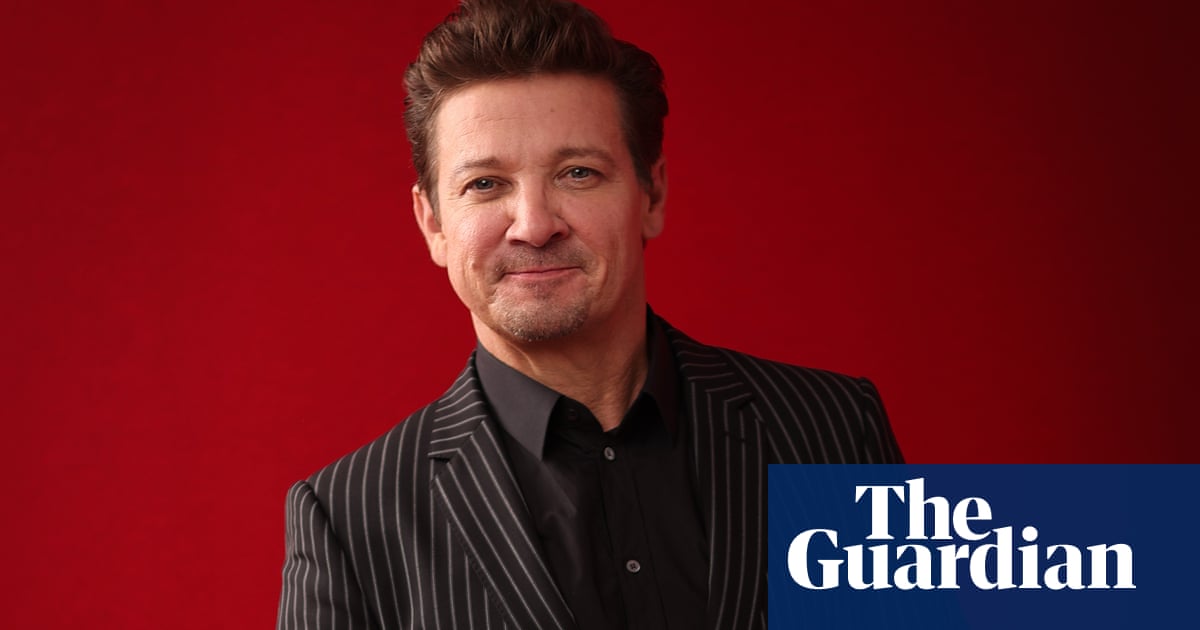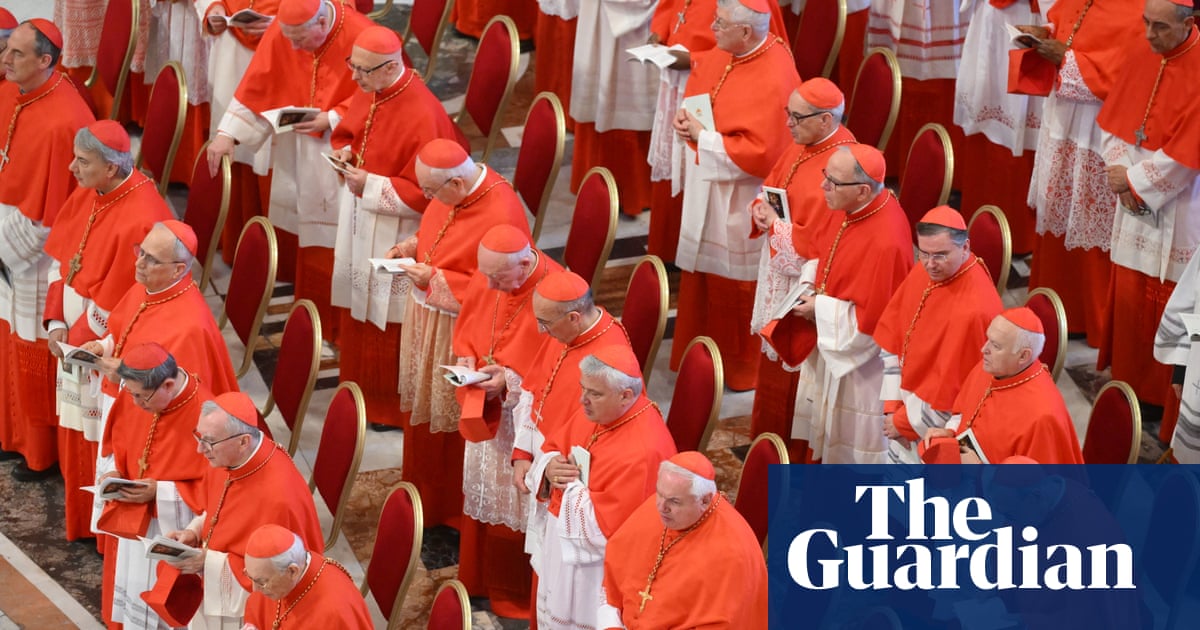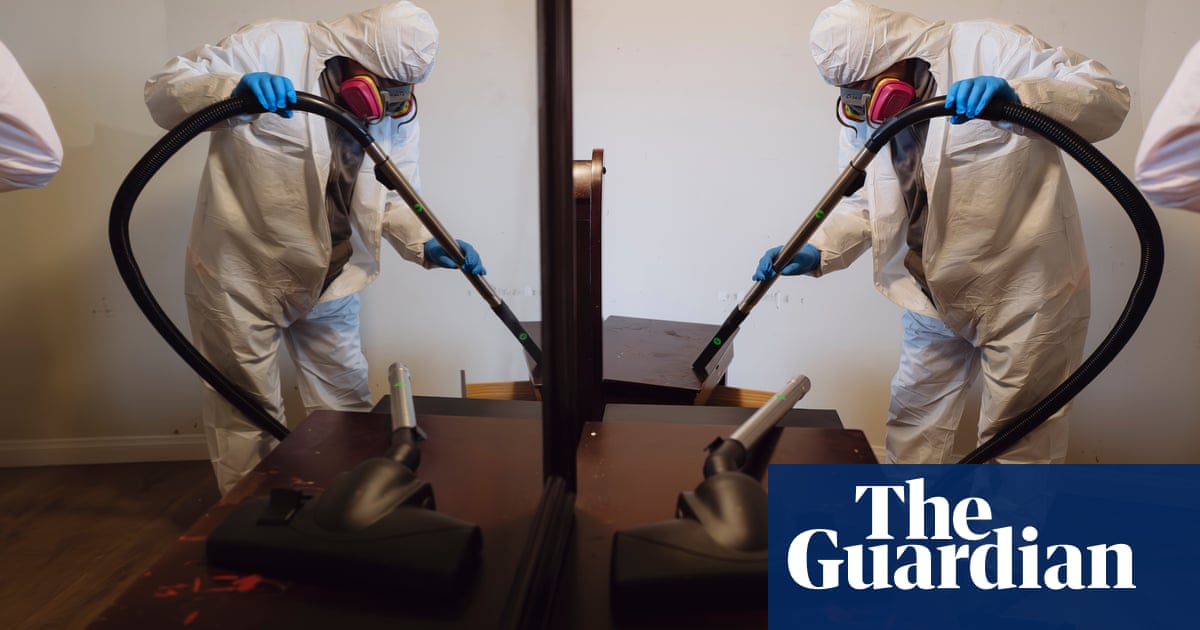Pay rises for NHS staff and teachers must be paid from existing budgets, the Treasury has warned, setting up the potential for strike action.
Separate independent pay review bodies for teachers and NHS staff in England are reportedly set to make higher pay rise recommendations than ministers had suggested.
However, the Guardian understands that the Treasury has said it will categorically not fund the pay rises by borrowing, meaning that additional pay increases must come from cuts to other budgets.
Government sources indicated there was a precedent for the government to accept the recommendations from the pay review bodies – but no final decision has been made.
If the increase was agreed beyond the increase budgeted for by Rachel Reeves, unions could still strike if the Treasury insisted the rise comes from existing schools or NHS budgets.
Two pay review bodies, one for teachers and one for NHS staff, are understood to have recommended higher pay awards than the 2.8% budgeted for by the government. The Times reported it would be about 4% for teachers and about 3% for NHS staff.
Keir Starmer said that he hoped the government could work with NHS staff to find an agreeable solution to avoid strike action. Asked about the possibility of strikes, he said: “I don’t want to see strike action, I don’t think anybody wants to see strike action.
“And certainly here we are in a healthcare environment with all the staff working really hard. The last thing they want to do is to go into dispute again. We solved disputes, we are working with the NHS. It’s because of the way that we are working with the NHS that we are able to bring waiting lists down and make other announcements today.”
“What I think we are proving here – what I hope we are proving – is if you work with the NHS staff, you get better results than the last government, which just went into battle with them. So, we have got our doctors and nurses on the frontline, not the picket line, and I think everybody appreciates that’s a much better way of doing business.”
The government’s initial budget in December was strongly criticised by unions. The British Medical Association had said that it was “pay erosion” for medical staff and Unison called it “barely above the cost of living”.
Both the NEU and NASUWT teaching unions have threatened strike action if schools do not get extra funding to pay for the salary increase for teachers.
As one of her first acts as chancellor, Reeves accepted the pay review body’s recommendation for a 5.5% increase across all public sector professions, stressing at the time that there was “cost to not settling – a cost of further industrial action, a cost in terms of the challenge that we face in recruiting retaining doctors and nurses and teachers as well”.
Stephen Kinnock, the care minister, confirmed on Monday the government had received the recommendations. “We’re all about putting more money into the pockets of working people, but we do also have to ensure that we are balancing the books, and we’ve got to work in terms of public sector pay within fiscal constraints,” he said.
“So, of course, we will give these recommendations careful consideration. But I would, of course, also urge our colleagues in the trade union movement to engage constructively with us and recognise the reality of the financial position.”
A HM Treasury spokesperson said: “As is part of the usual process we are considering recommendations from the independent pay review bodies and will respond in due course.
“Last year this government accepted the independent pay review bodies’ recommendations in full, providing the first meaningful real terms pay rises for years.”

 2 hours ago
7
2 hours ago
7

